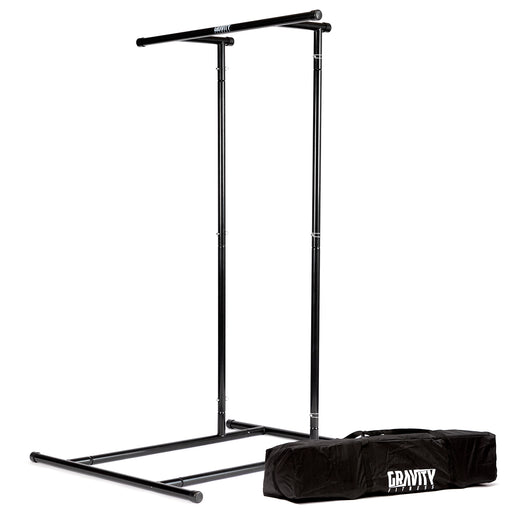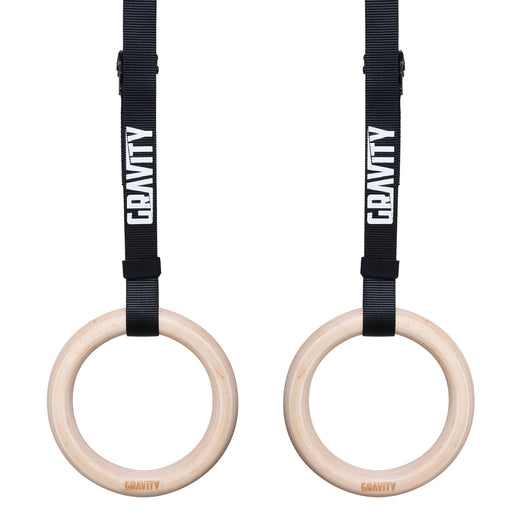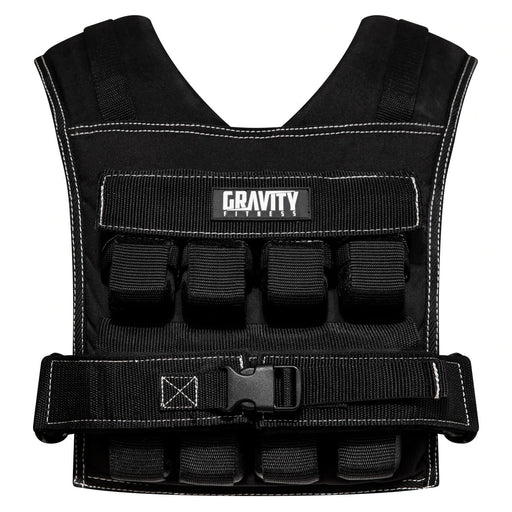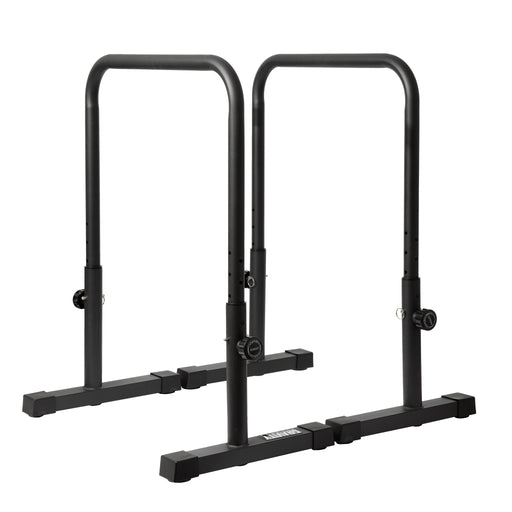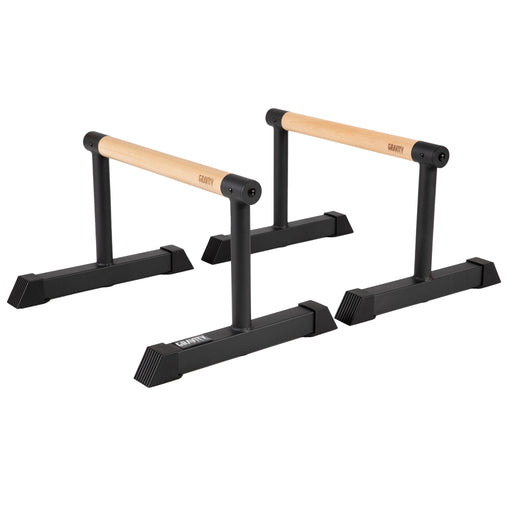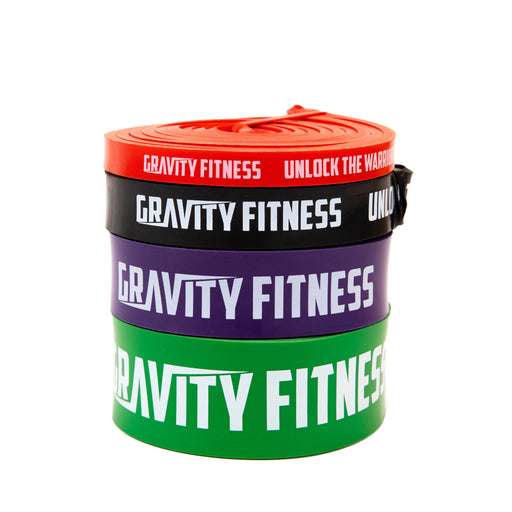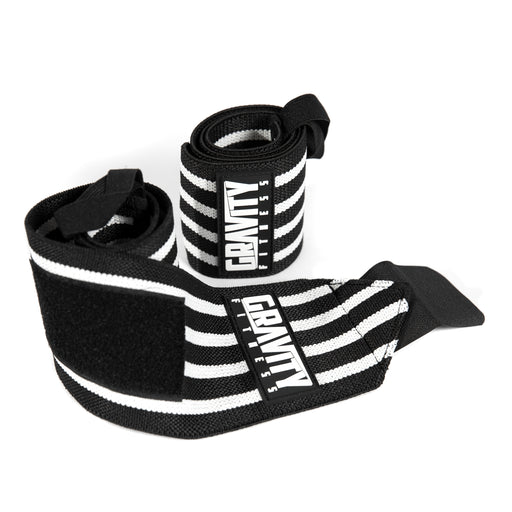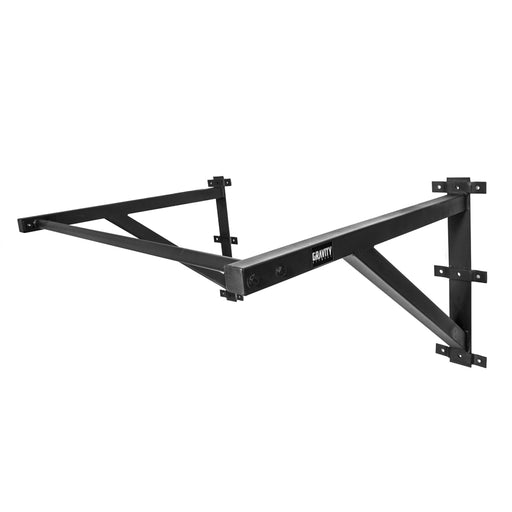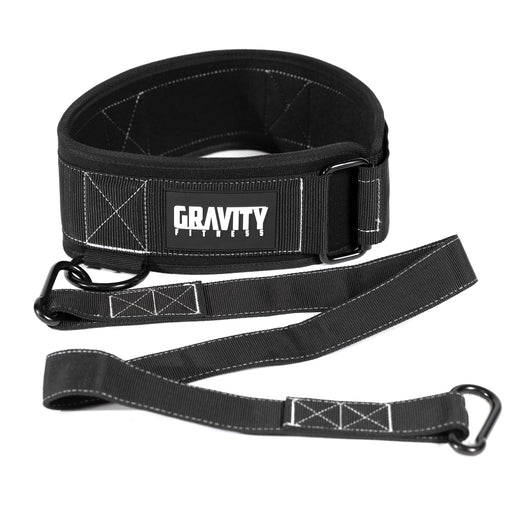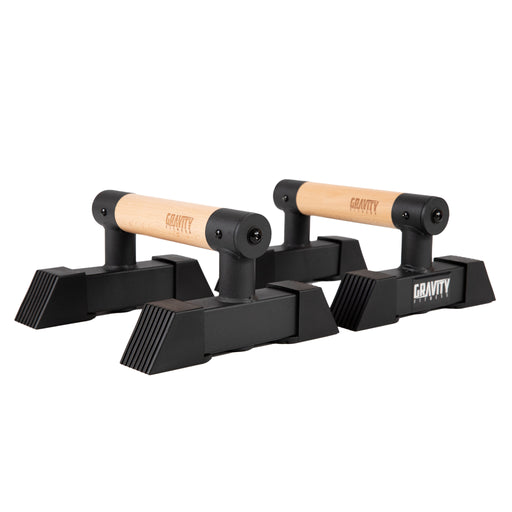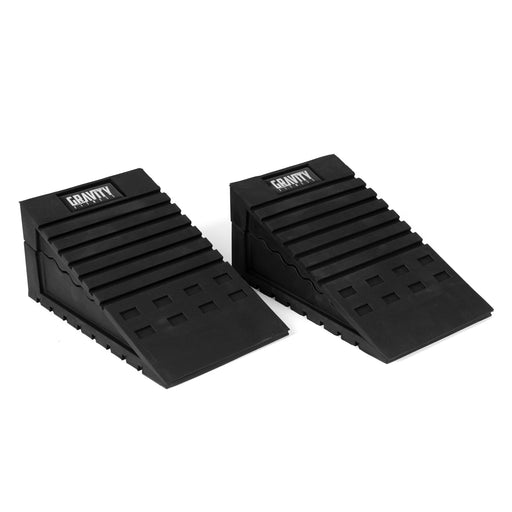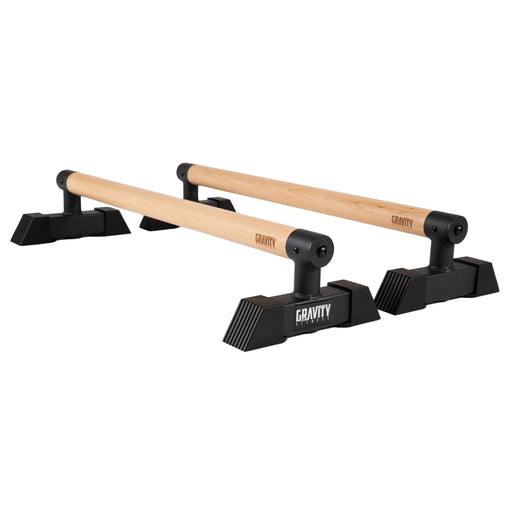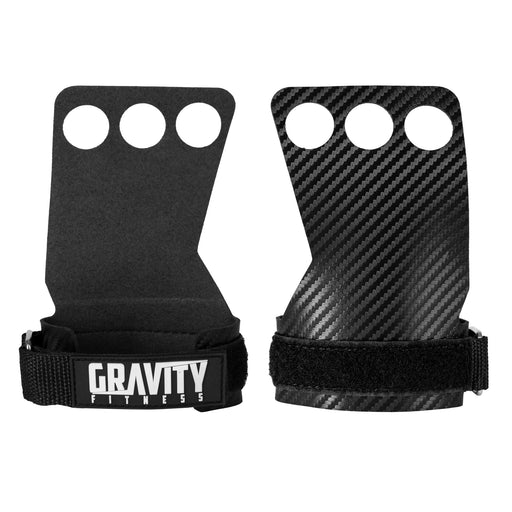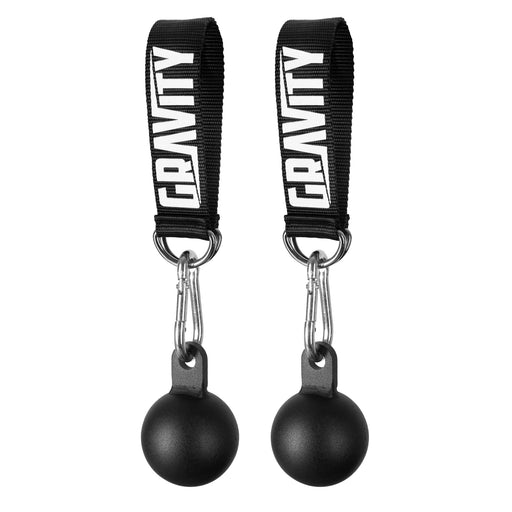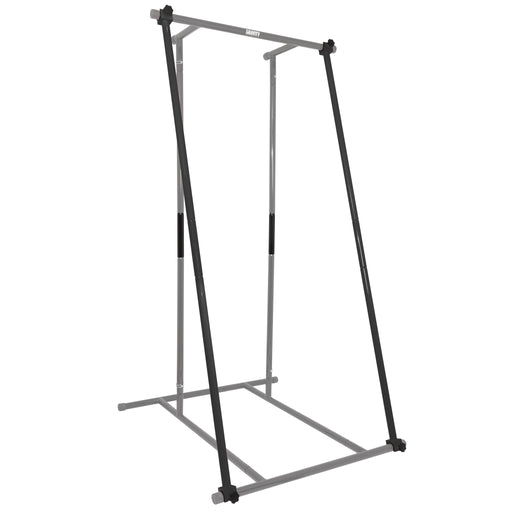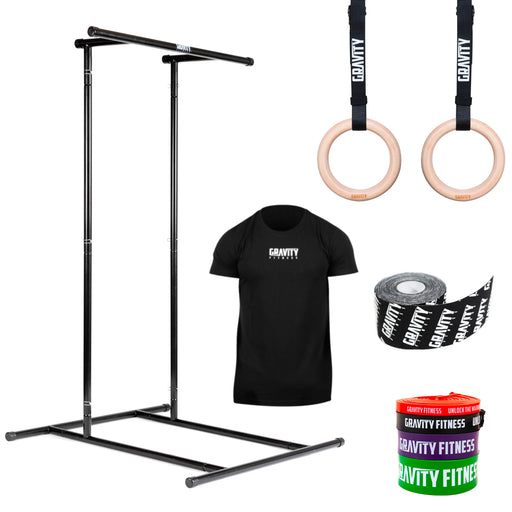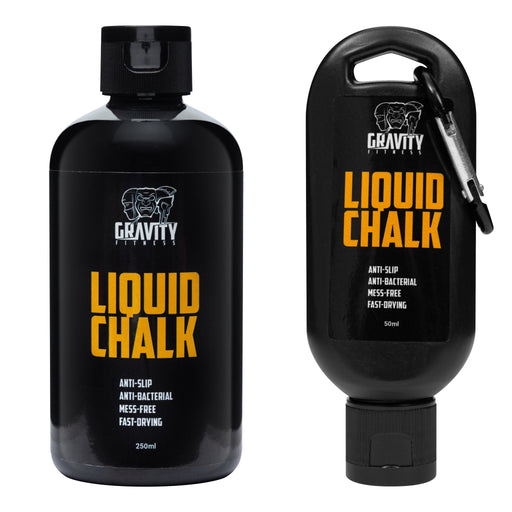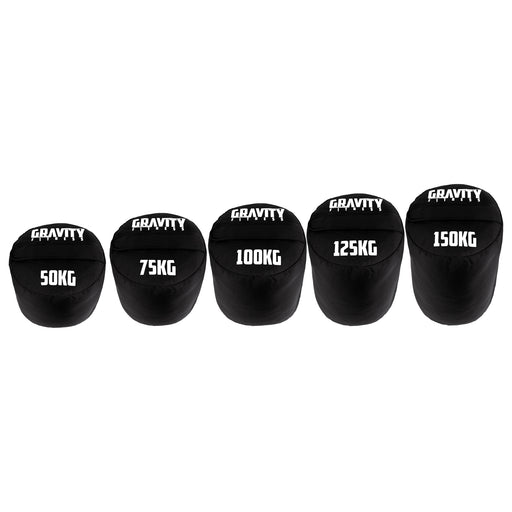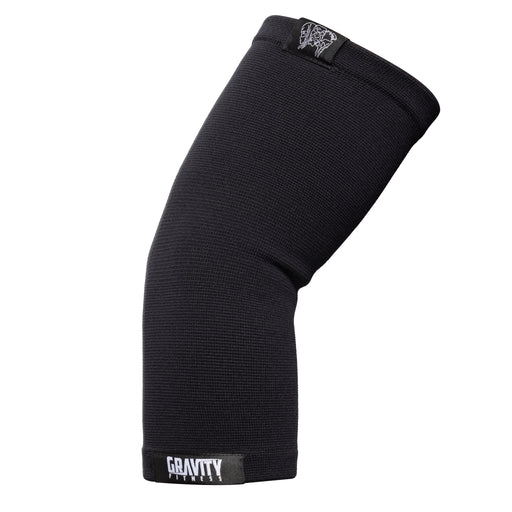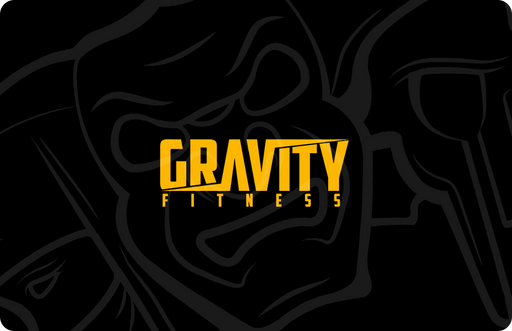Does a vegan diet have nutrient deficiencies?
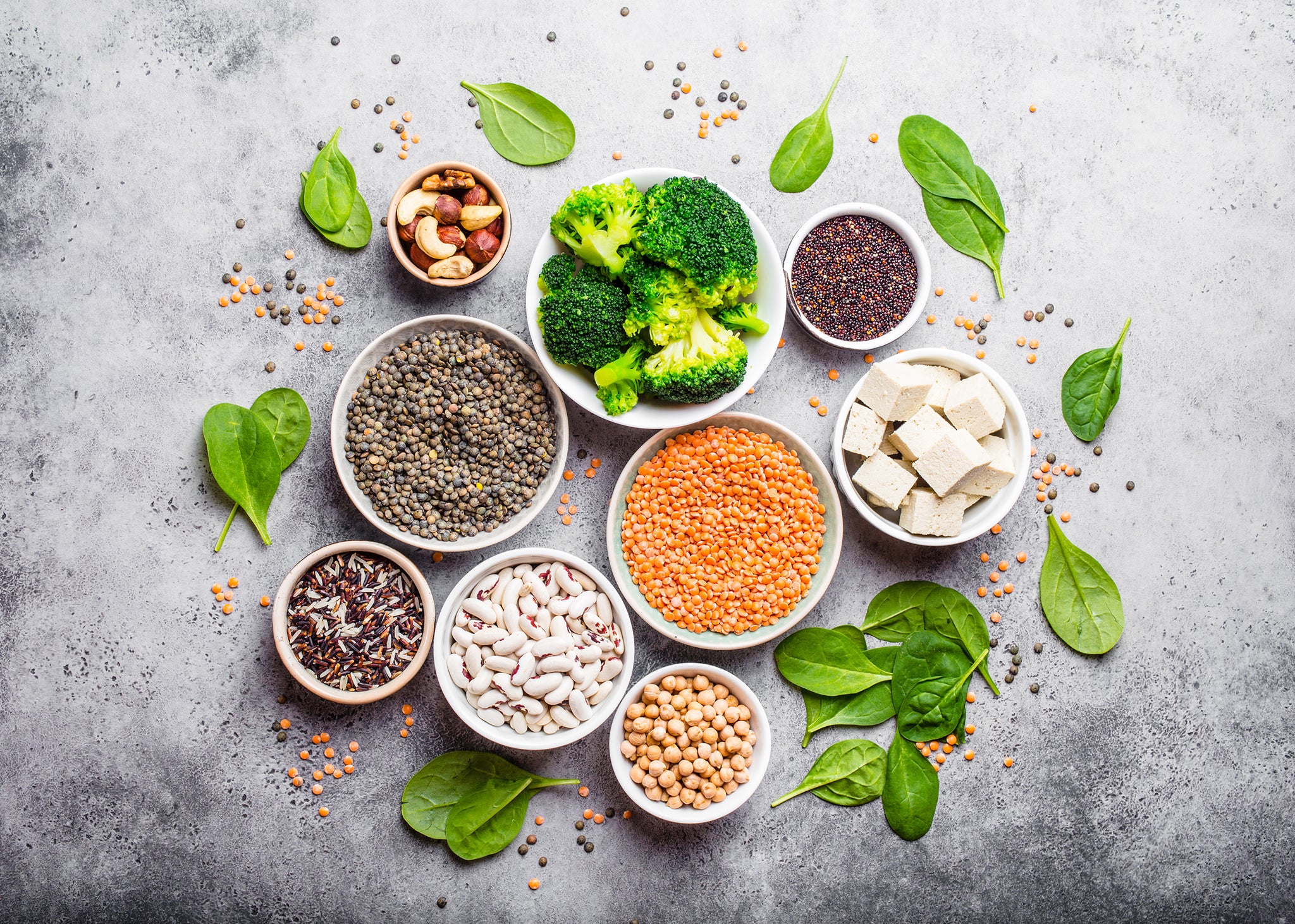
Does a vegan diet have nutrient deficiencies?
Thinking of going vegan? Create a balanced nutrition plan by avoiding these potential pitfalls
Is a vegan diet healthy?
People eat vegan for different reasons. For some it will be an ethical decision, for animal or environmental factors, and for others it will be a health choice. If you want to turn vegan for your health, get clued up about the best way to eat a plant-based diet.
Like all diets, veganism can be as healthy or unhealthy as you make it. If you exist mainly on processed vegan products, ready meals, and convenience foods then your approach to veganism will not be healthy at all. But if you focus on natural, nutrient-dense whole foods then veganism can be very healthy.
Do vegans get nutrition deficiencies?
However, even the most diet-savvy vegans need to know that all vegan diets carry the risk of nutrient deficiencies. That’s not a value judgement on veganism, it’s simply a fact. When you cut out animal products, your nutrient intake will fall short of optimal.
5 potential nutrition issues in a vegan die
Lack of Vitamin B12
Vitamin B12 (cobalamin) is an essential nutrient that isn’t found in plant foods - you can only get it from animal-sourced foods like meat, fish, dairy, and eggs. So if you never eat these foods, you will of course be deficient in B12. You can get a small amount from tempeh and nori seaweed, but nobody is going to base their diet around tons of those two foods.
B12 is important for the development of red blood cells and nerves, and full-blown vitamin B12 deficiency can range from fatigue and weakness to neurological disorders.
Vegans could eat B12- fortified foods, but it would be better to supplement with a quality Vitamin B12 supplement daily.
No Vitamin D3 from food
Did you know there are two types of Vitamin D from foods? D2 can be found in plant foods, but D3 (the important one) can only be had from animal-source foods. Of course, our bodies also make Vitamin D3 when we get enough sunlight on our skin. But vegans should take D3 deficiency seriously, especially during winter months or if shift work keeps them away from sunlight hours.
It makes sense to take a Vitamin D3 supplement every day, either all year round or between October-May.
Insufficient creatine
Creatine is a popular sports supplement, but it’s also found naturally in red meat and organ meat. If you eat a vegan diet and care about building strength, mass, and power in your chosen sport then it really makes sense to supplement with creatine.
Creatine is cheap, widely available, and so easy to take – a capsule or powder once a day, job done.
Iron
Iron is the mineral responsible for haemoglobin and myoglobin, two proteins that carry oxygen around your body (including to working muscles). Whist vegans can get one kind of iron from their diet, they won’t get any heme iron which is the kind of iron from meat.
Vegans should either supplement with iron, or take extra steps to eat plenty of non-heme iron foods like seeds (especially pumpkin, hemp and flax), tofu, tempeh, soybeans/edamame beans, beans, peas, and lentils. Eat a wide variety of these foods to pack your diet with as many micronutrients as possible.
Harder to get omega-3s
Omega-3 fatty acids are the healthy fats we want to see more of in our diets. One of them - docosahexaenoic acid or DHA – is much more difficult to get from a vegan diet.
DHA is important for brain function and cognitive health, and deficiencies have been linked to mental health issues.
It makes sense to supplement with a well-rounded omega 3 supplement if you eat a vegan diet (make sure it contains DHA).
How to eat the healthiest vegan diet
Whilst you can’t get every micronutrient from a vegan diet, you can definitely set yourself up for success by eating a healthy plant-based diet. Steer clear of processed convenience foods and meat alternatives. Instead, build your vegan diet around plenty of vegetables and root vegetables, fruits, wholegrains, pulses, lentils and beans. These natural foods will automatically pack your diet with plenty of fibre, vitamins, minerals, and antioxidants. Don’t forget your vegan protein sources, like tofu, tempeh, seitan, soybeans, edamame, and miso. A good vegan protein powder will help you balance out your macros.
Do vegans need food supplements?
It would be great if you could get sufficient amounts of every important micronutrient from your diet of choice. But the truth is, opting to eliminate meat, fish, dairy and eggs from your food intake does leave you low in some essential vitamins and minerals.
Luckily, the supplements you need are easily available, easy to take, and pretty cost-effective. Look for Vitamin B12, Vitamin D3 and omega 3 (with DHA), and consider adding creatine to your daily supplement stack.
















